If your child is being bullied by someone at their school, it’s important that you speak to the headteacher at the school to try and resolve the situation.
Your child's rights
Every child has a right to an education – this is set out in the United Nations Convention on the Rights of the Child (UNCRC). This means they have a right to be safe at school, and that all schools have a responsibility to protect pupils from bullying.
In addition, schools should always challenge any behaviour that’s based on prejudice, if your child is disabled or because of their race, religion, age, sexuality or gender identity.
So if your child is being bullied by someone at their school, you should talk to the school about it. Even if the bullying takes place outside of school or online, it’s worth speaking to the school about it to see if there's anything they can do. If you think the bullying may be motivated by prejudice, it’s important to let the school know this too.
This may seem a bit daunting, but the school should be prepared to deal with bullying and have an anti-bullying policy in place. This may be available on their website, or you can ask to see a copy. This should set out who you should contact and what procedures are in place to tackle bullying.
For more information you could have a look at the Scottish Government’s national approach to anti-bullying.
Tips for talking to your child's school
Tip #1: Make an appointment with the school
The school’s anti-bullying policy may set out who you need to speak to, or you can start by talking to your child’s class or form teacher, head of year, or guidance teacher.
Tip #2: Work out what you're going to say
It may help to decide what you’re going to say and jot this down. Talking it through with a friend or family member may help too. If you’ve been keeping a record of bullying incidents, you can bring this with you.
Tip #3: Take notes
You may find the meeting a bit overwhelming, so it’s a good idea to note down what the school tells you. This may help you feel more calm and in control, and will mean you won’t forget anything.
Tip #4: Work together
It’s important to work with the school to help resolve the situation, but you also need to make it clear that you expect them to do something. Try to agree on the next steps together, and then ask when this will happen. You could also ask for a follow-up appointment to discuss progress.
Tip #5: Try to be patient
The situation probably won’t be resolved immediately, and you may well feel upset and frustrated by this, but try to be patient with the school’s process. They’ll need some time to investigate the situation and work out the best way to resolve it. It’s unlikely that they’ll immediately exclude the child that’s doing the bullying – this is always a last resort, after all other options have been tried. However, they shouldn’t suggest that your child changes schools, as this isn’t solving the problem for anyone.
Tip #6: Ask about safe spaces and counselling
Ask what the school will do to keep your child safe while they look into the situation. This could involve things like providing them with a safe space to have their lunch, asking an older pupil to look out for them, or having a teacher they can go to at any time with any worries. They may also be able to get counselling in school.
What if my child doesn't want the school involved?
Your child may be worried that getting their school involved will just make things worse. This is a really tough one, but if you feel that things are unlikely to get better on their own, try to explain this to them, and reassure them that they’ve done the right thing by telling you about the bullying.
To help with your child’s fears, you could ask to see their teacher out of school hours, so their friends won’t see you, and you could ask the school not to mention your child’s name when talking to the other children involved.
Can I keep my child out of school until the situation is resolved?
If your child is too scared to go to school and you’re worried about their safety and/or their mental health, you may decide to keep them at home until the situation is resolved. In this case you must let the school know.
Our page on school avoidance has more information on your rights if your child can’t go to school because of mental or physical ill health.
What if I'm not happy with the way the school deals with the bullying?
If you’re not happy with the way the school handles the situation, you may decide to make a formal complaint. The school should have a complaints process, or you can write to the headteacher. If this still doesn’t solve the problem, you may wish to take your complaint further, to the parent council or local authority. Contact have a template letter you can use to make a formal complaint. You can find out more about taking this forward on the Citizens Advice Scotland website.
 Activities & Play
Activities & Play Behaviour
Behaviour Childcare
Childcare Development & Growing Up
Development & Growing Up Family, Friends & Relationships
Family, Friends & Relationships Feeding Your Baby
Feeding Your Baby Food & Eating
Food & Eating Health & Safety
Health & Safety Mental Health & Wellbeing
Mental Health & Wellbeing Money & Work
Money & Work Online Behaviour & Safety
Online Behaviour & Safety Pregnancy & First Days
Pregnancy & First Days School & Education
School & Education Sleep
Sleep

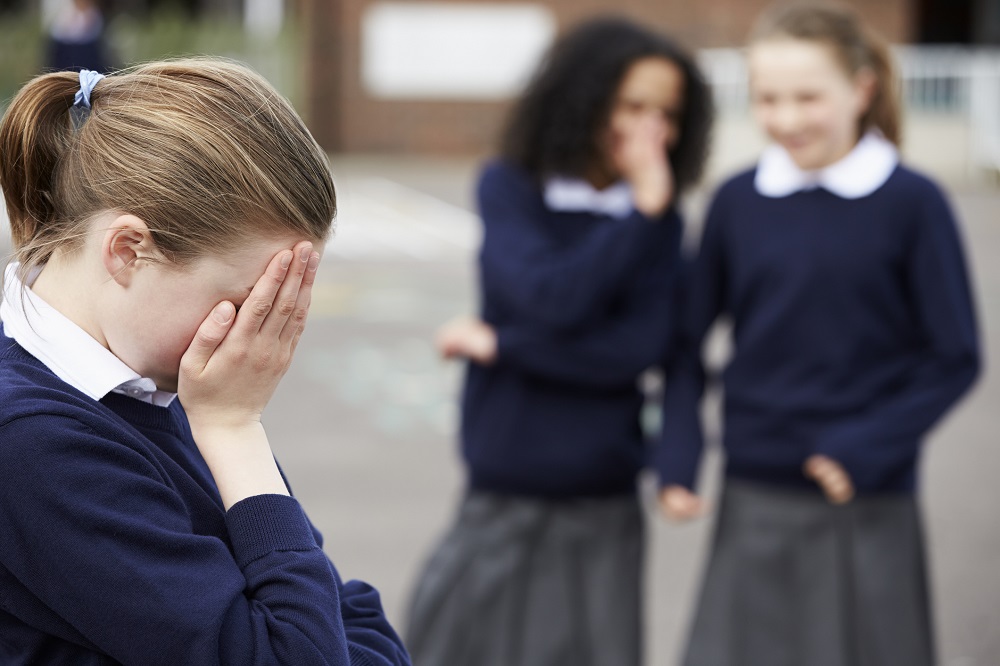
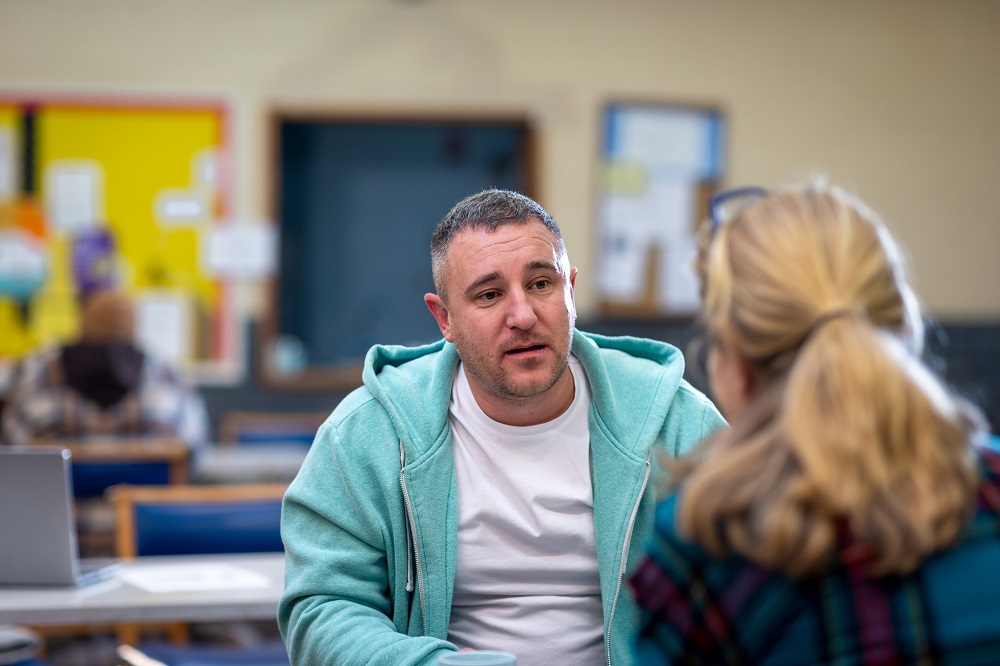
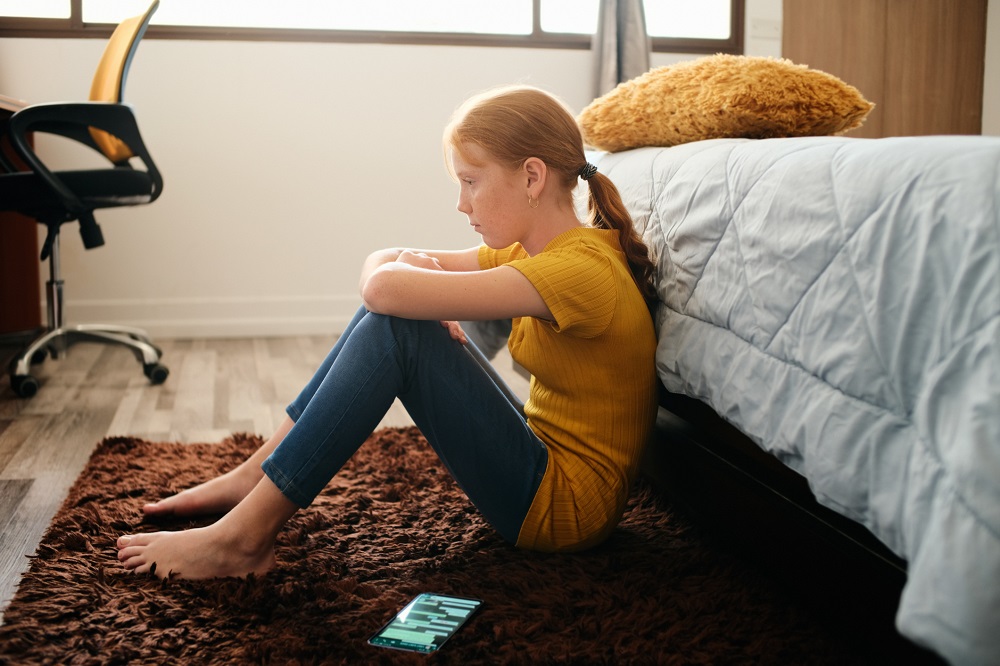
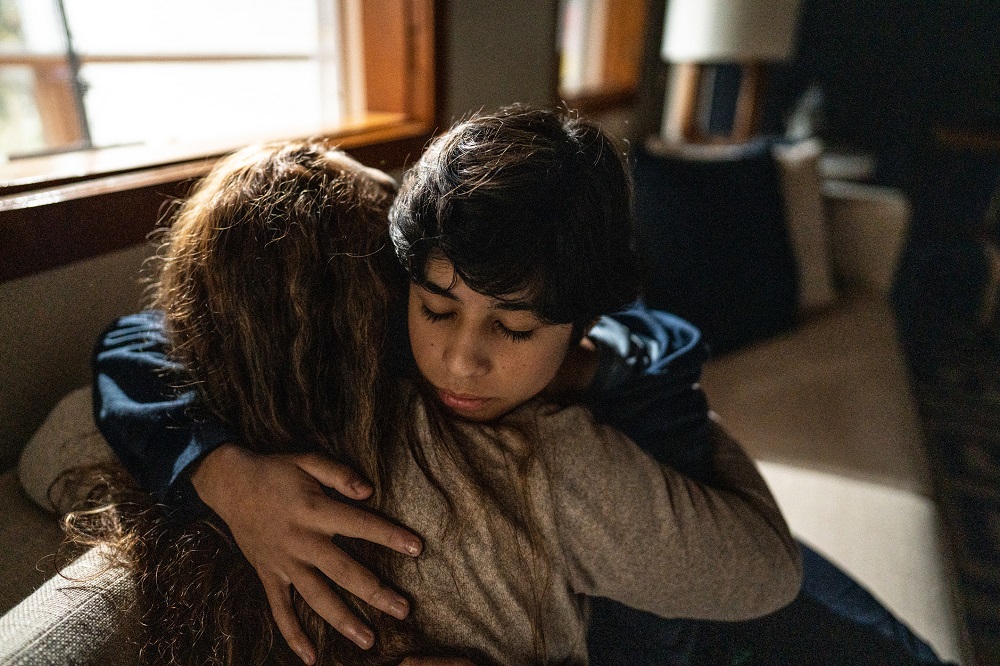

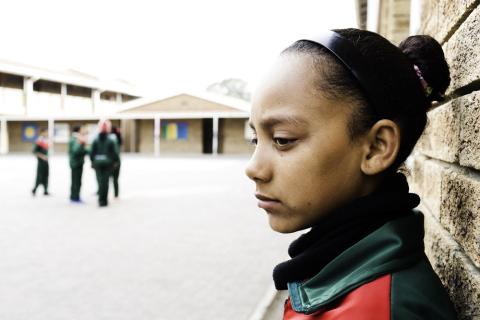

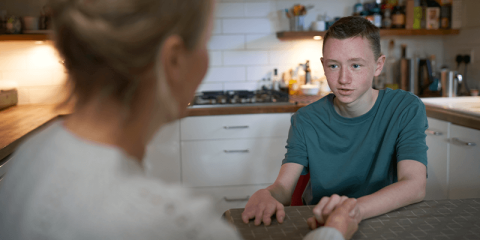
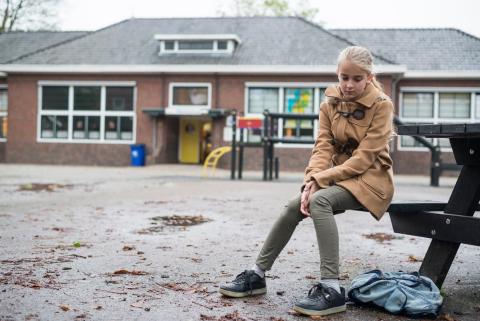

 Mental Health & Wellbeing
Mental Health & Wellbeing
 Family, Friends & Relationships
Family, Friends & Relationships